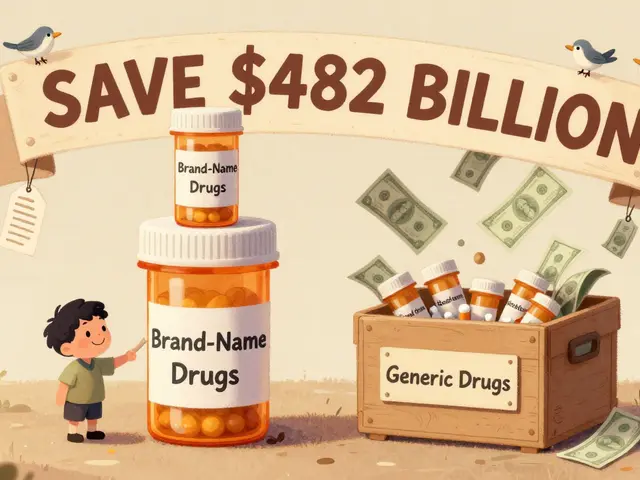
Colonoscopy Surveillance: What It Is, Why It Matters, and What to Expect
When you’ve had polyps removed during a colonoscopy, colonoscopy surveillance, a follow-up schedule designed to catch new growths before they turn into cancer. It’s not a one-time test—it’s an ongoing plan tailored to your risk. This isn’t about fear. It’s about control. If your doctor found even one adenoma, your chances of developing colorectal cancer go up. But catching the next one early—before it grows or spreads—can mean the difference between a simple removal and major surgery.
Colonoscopy surveillance isn’t the same for everyone. It depends on how many polyps you had, their size, type, and whether they showed signs of becoming cancerous. If you had one or two small tubular adenomas, you might need another colonoscopy in 7 to 10 years. But if you had three or more, or any were large or had advanced features, your next one could be in just 3 years. colorectal cancer screening, the broader category that includes colonoscopy, stool tests, and other methods is meant to catch problems early. But surveillance is the next step—your personalized guard against recurrence.
What happens between screenings? You don’t just wait. You watch for changes: new bleeding, unexplained weight loss, or lasting changes in bowel habits. These aren’t normal. And if you have a family history of colon cancer or conditions like Lynch syndrome, your surveillance plan gets even more urgent. polyp detection, the process of finding abnormal growths during a colonoscopy is the core of this whole system. The better the detection, the better the outcome.
Some people skip follow-ups because they’re scared of the prep, or they think if they felt fine last time, they’re fine now. But polyps grow slowly. You won’t feel them until they’re advanced. That’s why sticking to your schedule matters more than how you feel. Studies show people who stick to their surveillance plan cut their risk of dying from colon cancer by more than half.
And it’s not just about the scope. It’s about the team. A skilled endoscopist, clear prep instructions, and accurate pathology reports all play a role. If your last colonoscopy missed something, or if your polyps weren’t fully removed, your next one needs to be even more thorough. That’s why your doctor’s notes matter—keep them. Bring them. Ask questions.
Below, you’ll find real guides on what to expect after a colonoscopy, how to prepare properly, what types of polyps are most dangerous, and how other conditions like chronic liver disease or autoimmune disorders can affect your screening plan. You’ll also see how medication use, cost barriers, and even remote monitoring tools are changing how people manage long-term colon health. This isn’t theory. These are the tools and insights people are using right now to stay safe.
-
20 Nov




